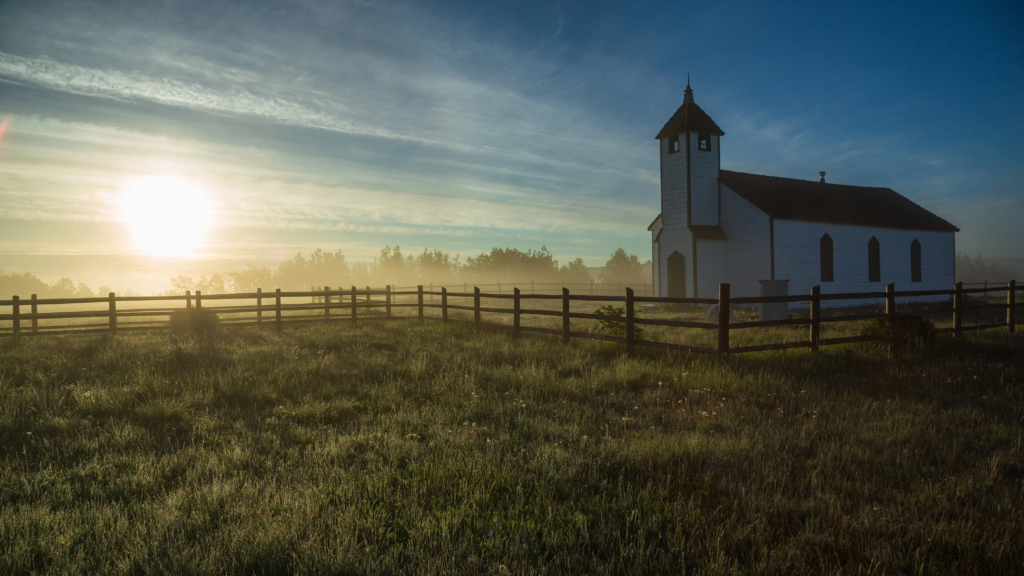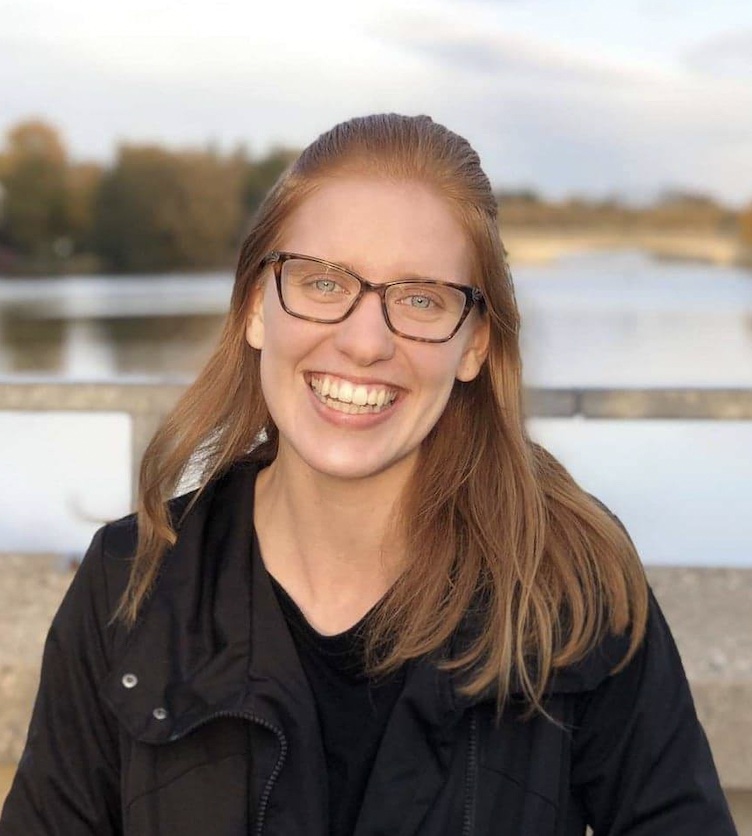While reflecting on my experience as a graduate student in Dallas and preparing for work as a church musician, I wrote, “I just spent two years studying at a Methodist seminary, and in that environment, faculty and students spend a lot of time talking about being “called” to ministerial work. Honestly, I’m not very compelled by this idea. While it’s true that Perkins School of Theology was a great fit for me, I would have enjoyed working elsewhere. I seriously considered working in other fields and/or studying at other schools, but in the end, I earned a Master of Sacred Music degree at a seminary in the Dallas-Fort Worth metroplex. Regardless of how my “calling” fits into that equation, that choice was mine. By making that choice, I was able to visit Mennonite, Methodist, Disciples of Christ, Presbyterian, Episcopal, Baptist, and non-denominational churches. I made Texan, Korean, Brazilian, Kenyan, Tanzanian, El Salvadorian, and Dominican friends. I ate new foods, saw new sights, and heard new ideas. Our choices curate our relationships and experiences. Some things are not within our control, but in many cases, we choose the stories that we hear. We don’t have the bandwidth to listen to all of them, so we must be selective. We also choose between dismissing those stories (perhaps privileging the sound of our own voices?) or allowing relationships to form out of them so that they shape how we think, speak, and act.”
Now, it strikes me that church musicians make similar choices.
 This month, I started working for a Mennonite congregation in rural Ontario. I serve as a “worship coordinator,” meaning that I select music, develop service themes and orders, and equip congregants for various liturgical roles. The congregation selects repertoire from Mennonite Church Canada and Mennonite Church USA’s most recent hymnal, Voices Together (Kauffman 2020). This hymnal made headlines in the world of congregational song for its richly diverse repertoire deriving from a variety of linguistic, stylistic, and cultural sources.
This month, I started working for a Mennonite congregation in rural Ontario. I serve as a “worship coordinator,” meaning that I select music, develop service themes and orders, and equip congregants for various liturgical roles. The congregation selects repertoire from Mennonite Church Canada and Mennonite Church USA’s most recent hymnal, Voices Together (Kauffman 2020). This hymnal made headlines in the world of congregational song for its richly diverse repertoire deriving from a variety of linguistic, stylistic, and cultural sources.
Despite the efforts of the editorial committee to carefully curate songs for inclusion in Voices Together, local congregations will not sing all of them (Johnson 2023, 132). Especially in Anabaptist and other Free Church traditions, congregational leaders make selective repertoire choices for their communities. The result is often a body of song that represents the congregation well, but it fails to account for the wider denomination in North America and worldwide. Is that a problem?
As Sarah Kathleen Johnson remarks in the preface to the Worship Leader Edition of Voices Together, “this book was created with the recognition that not every resource in it is the right fit for every community” (Johnson 2020, vii). However, Johnson also challenges leaders to allow “changing cultures within your community, neighborhood, and the wider world” to “inspire changes to your worship practice. For example, bilingual worship may develop if a new language group becomes prominent in your neighborhood or if older and younger generations in your community use different languages” (Johnson 2020, 2). Evidently, music leaders make critical choices about what to sing and whom to include in singing it.
When we sing, we both envision and enact a future for ourselves.
Just as it was not reasonable (or even possible) for me to listen and respond to all the stories I encountered while living in Dallas, it is not reasonable for a congregation to sing every song in a hymnal. Again, we must be selective, which means that different congregations and their leaders will make different choices, further resulting in different outcomes. Leaders must therefore ask themselves:
- What kind of community do I wish to create through song?
- What are its characteristics?
- Who does it include or exclude?
When we sing, we both envision and enact a future for ourselves. When we sing familiar songs, we might reinforce existing beliefs, norms, and boundaries—for better or for worse. When we sing songs that seem new or different to congregants, we might challenge beliefs, disrupt norms, and stretch boundaries—again, for better or for worse, although I maintain that it makes a good deal of sense for discerning leaders to shift the status quo to reflect the emerging realities of faith and life.
Do we succeed in these efforts? Earlier, I stated that, in addition to choosing if we will devote ourselves to hearing the stories of those around us, “we also choose between dismissing those stories (perhaps privileging the sound of our own voices?) or allowing relationships to form out of them so that they shape how we think, speak, and act.” As someone who works in a fairly homogeneous neighborhood, it feels like a daunting task to form relationships with members of the Black and Asian communities from which songs like “Total Praise,” and “Ososo (Come Now, O Prince of Peace)” derive. After all, the two BIPOC members of our congregation relocated to an urban area within two weeks of my start date. On the other hand, according to the most recent Canadian census, there are several Spanish- and Portuguese-speaking residents of our region, so it might be feasible to connect with these neighbors and, in doing so, foster deeper engagement with songs like “Perdón, Señor” and “Cantai ao Senhor (O Sing to the Lord).” In this new role, then, I will utilize my connections, recognizing both that I am not connected to everyone and that I am connected to more people than I realize. I’m also looking forward to The Hymn Society Annual Conference and other events that enable me to strengthen existing connections and form new ones with members of other communities. Several additional questions are instructive for this work:
- Whose stories do I choose to tell? Do we have a connection? Could we form one?
- When I tell the stories of other communities through music, am I muffling or distorting the sound? How much of that distortion is inevitable?
- What kind of research, relationships, and rehearsals must ensue for our songs (or the songs of others) to shape our future for the better?
With these considerations in mind, let us become critical, curious, and considerate leaders who make relationships the fruit (and the labor) of our liturgical choices.
 Blogger Mykayla Turner is a Master of Sacred Music student attending Southern Methodist University in Dallas, TX. Under the direction of Dr. Marcell Silva Steuernagel, her thesis research focuses on the role of music in rural congregations. Mykayla has completed graduate coursework at Conrad Grebel University College and Southern Methodist University in both theological studies and church music. She is an active church musician and liturgist in both Mennonite and ecumenical contexts. In 2023, Mykayla obtained her A.C.C.M. in Piano Performance.
Blogger Mykayla Turner is a Master of Sacred Music student attending Southern Methodist University in Dallas, TX. Under the direction of Dr. Marcell Silva Steuernagel, her thesis research focuses on the role of music in rural congregations. Mykayla has completed graduate coursework at Conrad Grebel University College and Southern Methodist University in both theological studies and church music. She is an active church musician and liturgist in both Mennonite and ecumenical contexts. In 2023, Mykayla obtained her A.C.C.M. in Piano Performance.


